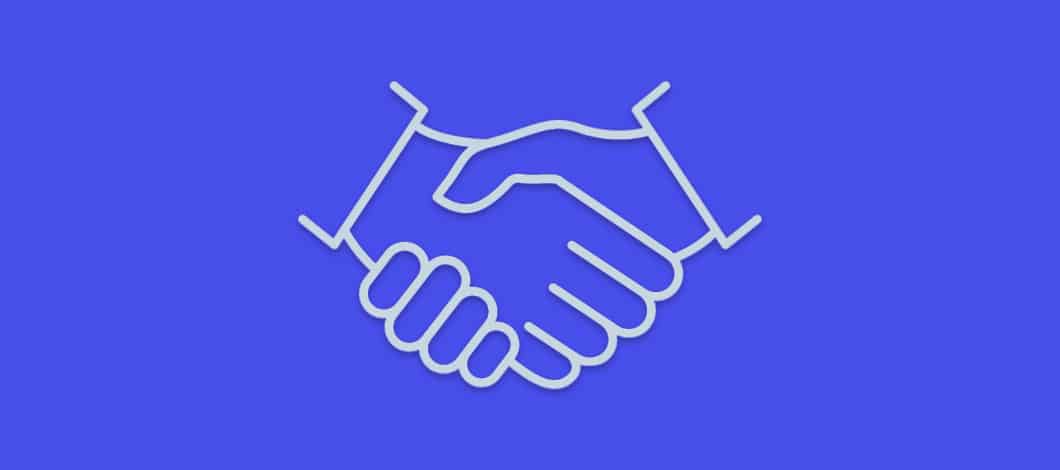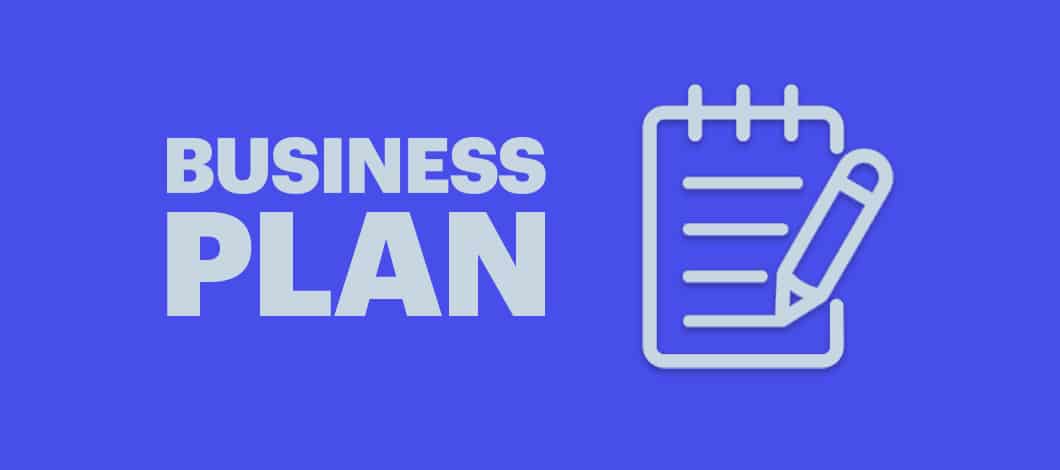When you’re in the market for a small business loan, it’s no secret that your credit score matters. Though it’s true that lenders consider several factors when assessing applicants, credit scores are a good indicator of a borrower’s fiscal responsibility. What’s more, certain types of loans require higher scores than others.
To help you hone in on the right financing for your company, we’ve put together this guide listing credit scores for start up business loans and other business financing options. Take a look at the typical minimum credit scores by small business loan type.
How Does My Credit Score Impact My Business Loan Options?
Simply put, small business owners with higher personal credit scores will benefit from better financing terms. If you have less-than-stellar credit, don’t worry. It might mean paying more in interest and financing your loan over a shorter time period, but there are options out there for nearly all businesses.
To apply for a short-term loan, you may need a credit score of 540-560. In contrast, for a traditional bank or Small Business Administration (SBA) loan, you may need a minimum credit score of 620-650. Alternative financing options are also available for business owners with lower credit scores.
How Are Credit Scores Calculated?
Credit scores are calculated by several factors, including the following, in order from the most influential factor to the least:
- Payment history – Statutory and judgment liens, debt charge-offs, bankruptcies and late payments negatively impact your credit score.
- Outstanding debt – Are you close to reaching your credit limits? How much debt do you owe compared to your income? These factors come into play when lenders research your credit score.
- Length of credit history – The longer you’ve had credit, the more time you’ve been able to prove yourself creditworthy. Lenders like to see borrowers with a pattern of responsible borrowing.
- New credit inquiries – Frequently applying for credit can have negative repercussions on your score.
- Types of credit – In contrast, demonstrating responsible purchasing behavior with various types of credit can have a positive impact on your credit score.

Credit Score Needed by Small Business Loan Type
When referring to a credit score, FICO is generally the one most people are talking about. FICO credit scores range from 300-850.
According to a 2019 article from the consumer credit reporting agency Experian, the average FICO score in the U.S. is 703.
Lenders look at your credit score to assess your ability to make payments to satisfy the loan you’re requesting. They may also consider your assets, annual revenue and time in business, among other factors.
Small business loan credit score requirements vary. SBA-backed loans and traditional bank loans typically require the highest credit scores. Online lenders offer alternative financing, such as lines of credit and short-term loans. These types of funds are available for business owners with credit scores in the 500s. Let’s take a look at each business financing option in more detail.
Traditional Bank Loans: 700+
Traditional banks are known for offering longer, more favorable terms than online lenders, albeit with a lengthier application process. Heavily monitored by federal and state regulatory agencies, they have strict lending standards. Because they offer high loan amounts and extended repayment periods, the loans themselves are risky. Banks counteract this risk with strict qualification requirements, including a high credit score.
Brick-and-mortar banks prefer to lend funds to borrowers with credit scores in the 700s. But they may also consider applicants with a minimum score between 620 and 640.
SBA-Guaranteed Loans: 620+
For SBA loans, borrowers need a minimum credit score ranging from 620-650, depending on the specific type of loan and lender. While the SBA doesn’t actually lend money to business owners, it does offer lenders a guarantee for qualifying small business loans.
If the borrower defaults, the SBA will pay the bank up to 85% depending on the loan amount. This guarantee reduces lender risk — if needed, they can recoup the majority of their losses from the federal government. For obvious reasons, lenders feel more comfortable extending SBA-backed loans to small business owners. This guarantee has opened up funding opportunities for companies that may not have qualified for a small business loan before.
Equipment Financing: 600+
Need to update your machinery or tech? Consider equipment financing. With this type of funding, the machinery you buy is your collateral. If you default, the lender is entitled to the equipment you purchased with the borrowed funds. This reduces a lender’s risk, so requirements for this type of financing are not quite as stringent. Minimum credit score requirements to help fund your new piece of equipment generally range from 600-620.
Invoice Financing: No Credit Score Requirement
This type of financing offers an advance to a small business owner based on the company’s accounts receivables. Since the financing is dependent on a company’s customers paying their bills, it’s your customer’s credit history — not yours — that matters most to lenders. As a result, some invoice financing providers do not consider an applicant’s credit. Others do, however, and may require a minimum credit score (e.g., 600+).
Business Line of Credit: 550+
With a business line of credit, you’re approved for a certain dollar amount. You’re then able to tap into those funds as needed. To obtain this type of financing, minimum credit score requirements often range from 550-575. Your score will impact your loan terms. The higher your credit score, the more favorable terms you’ll have. Think longer repayment period and higher credit line.
Short-Term Loans: 540+
Credit score between 540 and 560? Consider a short-term loan. Because this is a business loan with a low credit score requirement, lenders generally have more stringent repayment terms. They may require you to repay your loan within 12-24 months. You’ll also likely make weekly or daily payments instead of monthly.
Merchant Cash Advance (MCA): 500+
Though not a loan, this is a popular financing option for business owners with poor credit history. While some lenders might require a credit score of at least 500, others may have no minimum credit score requirement. Why are credit scores not a high consideration for lenders offering MCAs? In exchange for this type of cash advance, borrowers grant lenders a portion of their future revenue. Also, borrowers are generally required to make payments daily, which reduces a lender’s risk.
-
Small business tip: Whichever financing option you choose, be sure you understand the costs involved, which could include:
- Interest or factor rate
- Origination fees
- Underwriting fees
- Closing costs
- Late fees
Tips to Raise Your Credit Score Before Applying for a Business Loan
- Before you apply, check your credit report. If you find mistakes, report it to the appropriate agency. Request the entry to be removed from your credit report.
- Pay your credit card bills on time every month. Whether a personal or business credit card, be sure to stay on track of due dates. If you’ve missed some payments, make it a point to get back on track.
- Keep your debt-to-credit ratio low, preferably below 30%. And if you can keep it under 10%, kudos.
- Request credit line increases on existing credit cards. A credit line increase lowers your debt-to-credit ratio, which helps boost your credit score. This is significant since outstanding debt makes up 30% of your credit score. However, avoid opening new credit lines before applying for your small business loan. This will knock down your credit score. In fact, new credit inquiries impact 10% of your credit score.
- Consider opening a secured personal credit card if your credit is poor. To open one, you’ll need to provide a security deposit as collateral. Your spending limit is typically equivalent to the amount you put down. However, demonstrate responsible purchasing and bill paying behavior every month, and your credit score could see a boost.
Other Factors Lenders Consider in Addition to Credit Score
Your personal credit score isn’t the only information that loan service providers consider. They also look at your business’s track record and viability.
Business Plan
Some lenders may require a business plan. A business plan is a document that details your company’s purpose, goals and financials. It also outlines step-by-step strategies for meeting your mission and objectives and details how you anticipate using borrowed funds. Lenders like to review business plans because they’re able to get a clear picture of where your business has been and where it’s going. They’re also able to analyze your current revenue and financial projections.
Business Credit Score
In addition to your personal credit score, some lenders might also consider a business credit score, which often ranges between 0 and 100. If you’ve been in business for at least a year and have a company credit card, you likely have a business credit score. Small business credit reports are available through Experian, Equifax and Dun & Bradstreet. FICO also offers a Small Business Scoring Service, which ranges from 0-300. Scores higher than 140 are preferred.
Length of Time in Business
Credit score is not the only factor. Lenders will also look at a company’s number of months or years in business. Depending on the type of loan and lender, the minimum requirement can be anywhere from 6 months to 2 years.
Business Revenue
Creditors also want to make sure you’ll be able to pay them back. So, yep, you guessed it, how much money your business makes is another factor lenders consider. A lender may require a business owner to yield minimum monthly or yearly revenue: For instance, $6,000 per month or $72,000 per year.
Cash Flow History and Projections
Lenders want to see how you handle your cash on an average daily basis, not just how much you make. They want to know how much money you have left after you pay everyday expenses and bills. And they want to know that you’ll be able to pay them back. As such, you’ll need to demonstrate your actual cash flow for the last 4 months or so with bank statements. They’ll also request you project future cash flow, especially important for startup businesses. This will allow lenders to see how funding will impact your business.
Finally, if you find you’re having a hard time securing a business loan, consider a cosigner for your loan. A cosigner with a solid credit score can improve your odds of getting lenders to fund you. You might also consider putting up an asset as collateral.











